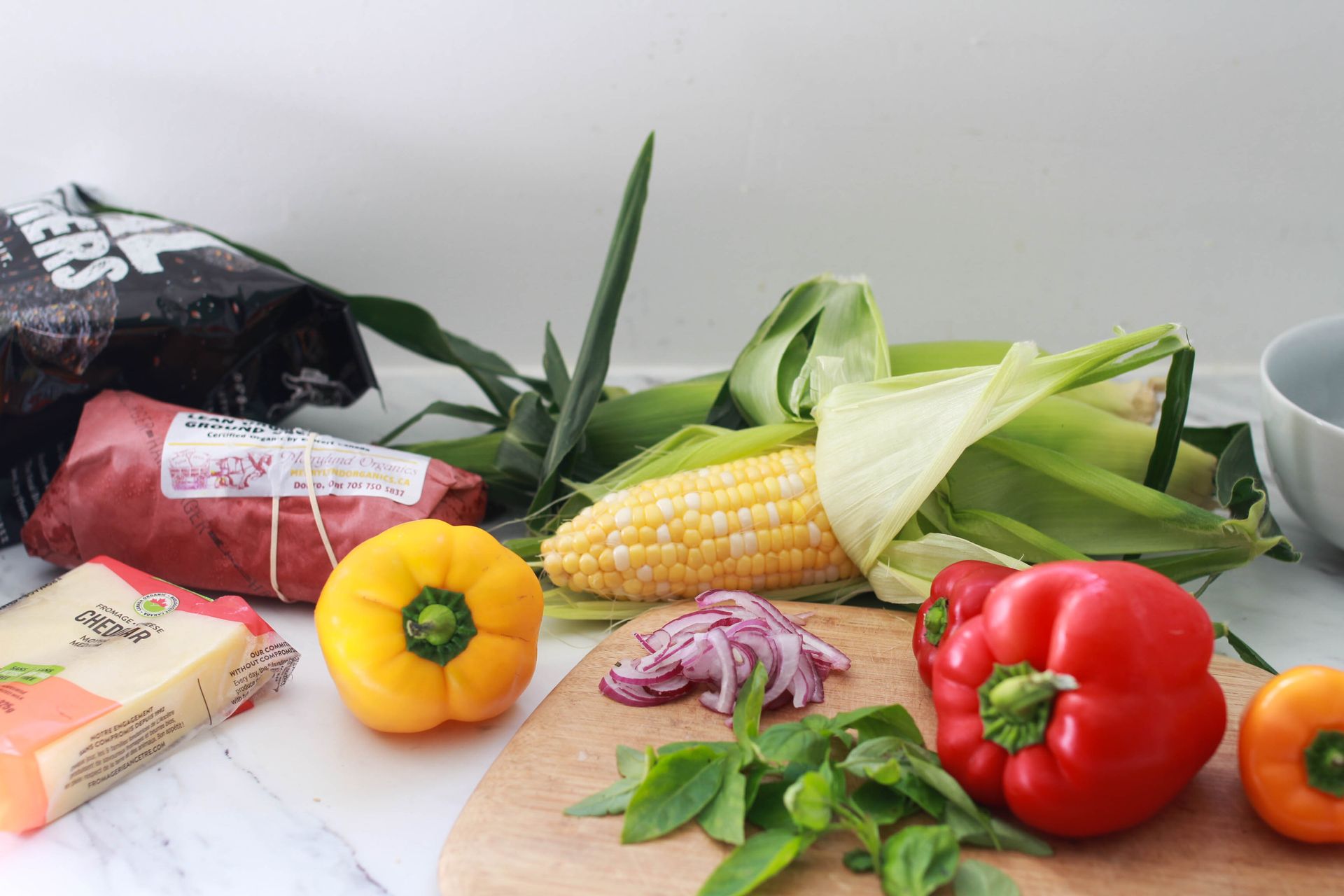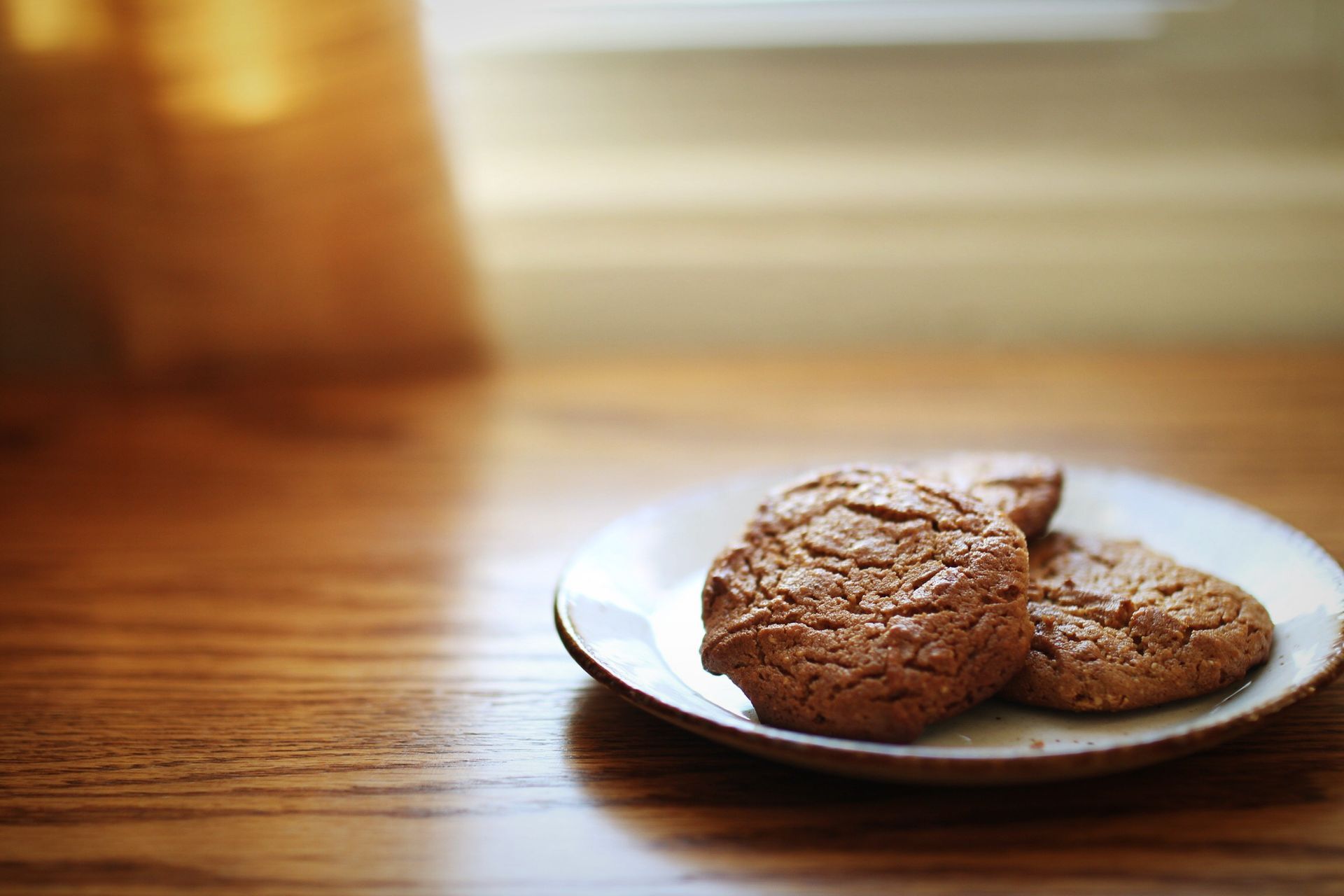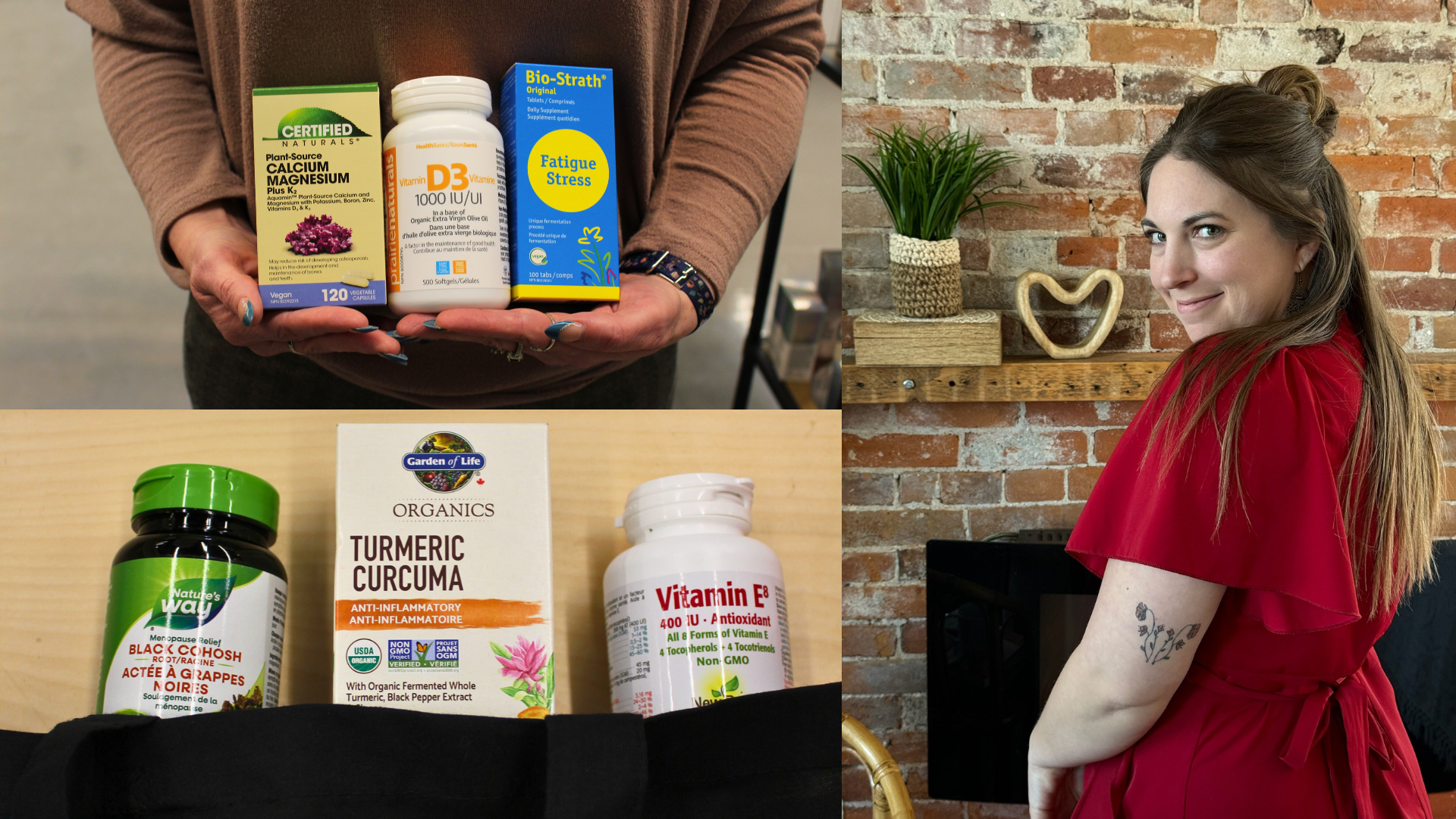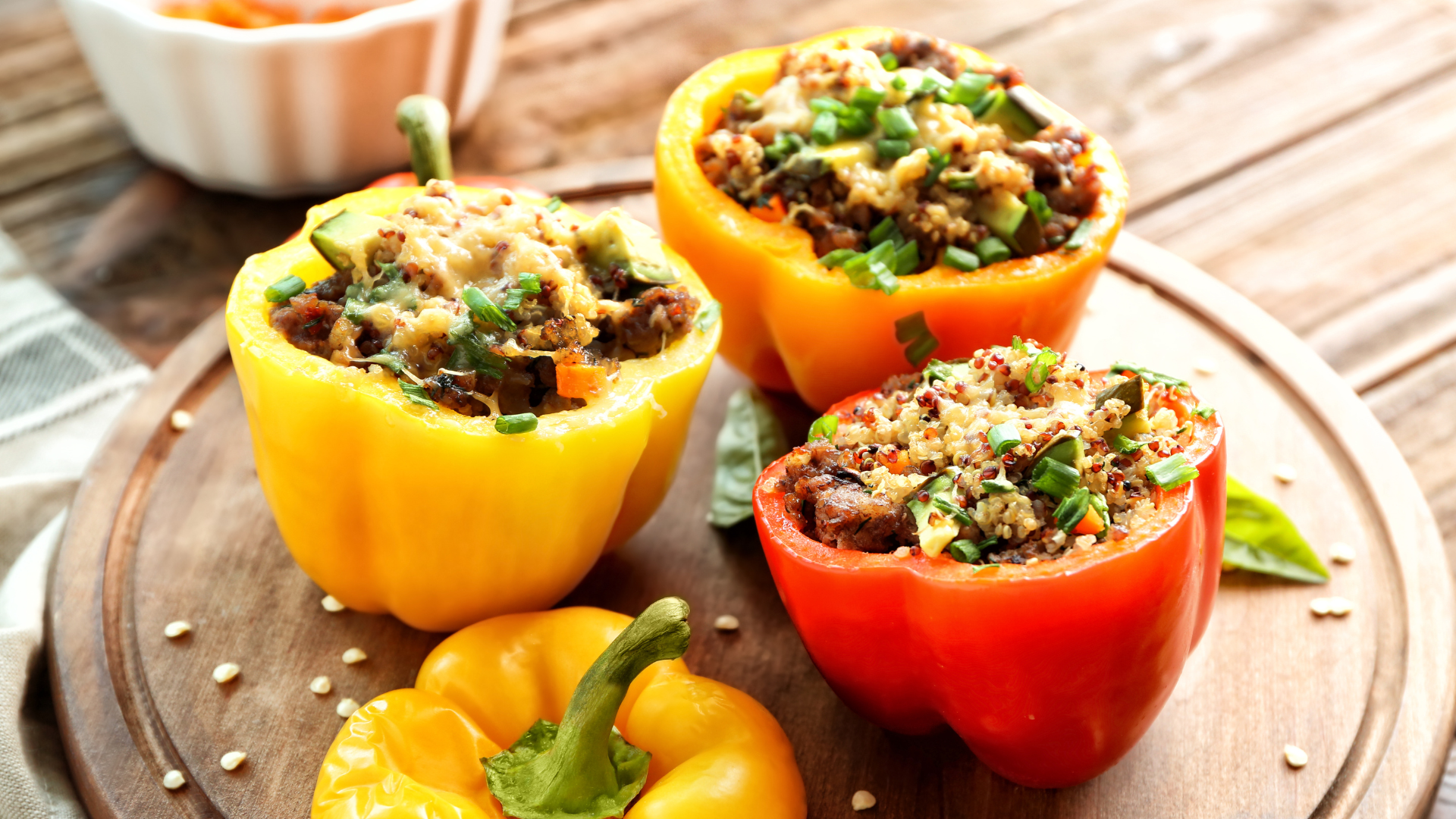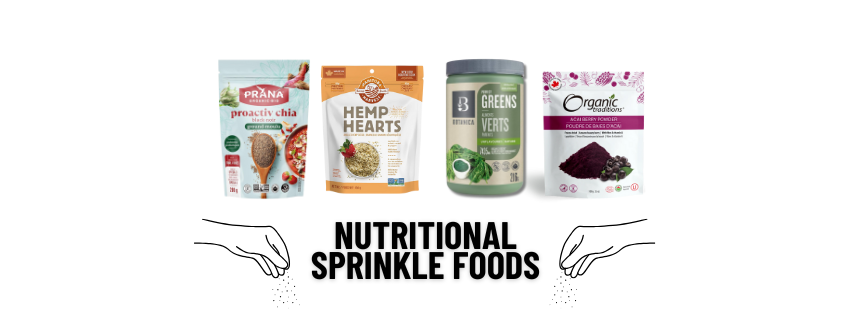By Jonathan Tessier
•
April 10, 2025
Get Ready to Have Fun This Easter This year, Easter lands on April 20th, 2025. This is because Easter always happens the first Sunday after the new Full Moon that occurs on or after the Spring Equinox. This is much later than Easter last year, which occurred on March 31st. What to do? There are many ways you can have fun this Easter, all without leaving town or planning a big trip! Easter Events Easter Window Display Scavenger Hunt When: Sat, Apr 19, 2025 10:00 AM - 3:00 PM Where: Lindsay Downtown BIA Details: The Easter Bunny & Downtown Dog are hopping down Kent St. on Saturday, April 19th with ballots and sweet Easter treats! Get ready to hunt down those hidden surprises for a chance to win amazing prizes! More Information Bowmanville Easter Party When: Sunday, April 20 · 10:30 - 11:45am Where: Sanctus Church Bowmanville Details: Join us for our Bowmanville Easter Party, a special event just for kids! This event is the perfect way for kids to celebrate Easter with exciting games and activities, while learning all about the story of Easter. More Information Easter in the Park returns to Victoria Park When: Saturday April 19, 2025, 10:00 AM - 12:00 PM Where: Victoria Park, Lindsay Details: This free, family event will feature an Easter egg hunt, games and activities, a visit with the Easter Bunny and much more! More Information Easter Egg Hunt When: April 19th, 2025, 1:00 PM - 3:00 PM Where: New Life Centre, 4014 Wallace Point RD Details: Join us April 19th! Egg hunt, bouncy castle, kids activities and more More Information Easter Treats Hummingbird Chocolate



